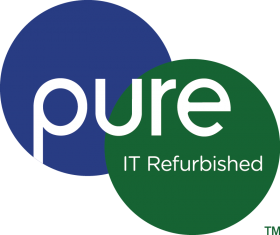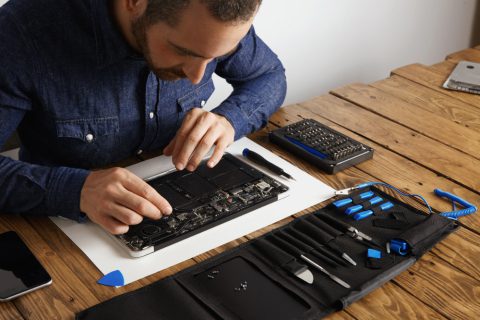It is easy to get caught up in all the specification, technical reviews and pressure from various marketing. Here is a few questions you should ask yourself when buying a desktop
-
- What are you going to be using the desktop for the majority of the time; internet, word processing and other basic use or more demanding gaming or Photoshop/architecture or engineering work.
- How important is speed? Are you a busy person that needs their computer to react instantly or happy taking your time over computer work.
- Do you need a lot of storage space? Files and programs take up relatively little space yet if you have thousands of pictures, songs of videos these will eat up your storage quickly
- How important is reliability? What impact would it have if your computer was broken for 5 days.
So how does the specifications you see advertise relate to what you need based on the questions above?
Processor – this is probably the most expensive part of any computer and the part which is most oversold. In reality any half decent processor from the last 6 years is good enough to do all general office or home work including internet browsing, word processor, excel etc. The best processors these days are so over powered for general use they barely use 15-20% of their power. When I say a half decent processor I would recommend these in ascending order: Core 2 Duo 2.8Ghz or above, Pentium G series and above (these are different from the Pentium 4 and Pentium dual core), Core i3 Generation 1-4 (the low end of generation 1 may be a bit slow but generation 2 onwards are good), Core i5 Generation 1-4, Core i7 Generation 1-4. AMDs have also got a good selection of processors but as a rule they aren’t as good as intel and to always stick to the higher end ones.
Processors to avoid: Atom, these use little power so are designed for laptops but other than the most powerful version they are all pretty slow. Celeron, this is the cheapest Intel range and is generally pretty slow. Pentium Dual Core, these are older versions of the Pentium G series.
What tasks require a demanding processors – any type of rendering, encoding or decoding music or video files, creating large simulations, apply filters to large graphics or videos. Any of these tasks can take anywhere from minutes to hours to complete and the performance of your processor is directly related to the speed.
RAM – this is discussed in another 1 of our articles (RAM article link). You will see little to no benefit going over 4GB RAM for general use, you will however see a benefit from the speed of the RAM. Look for DDR3 RAM not DDR2. High end graphics, gaming or architecture work will benefit from 8GB or more RAM when working on very large files or playing higher end games.
Hard Drive – there is 2 parts to the hard drive you need to check.
- The GB which is how much information it can store, please note all hard drives have 5-10% less than they are advertised with.
- The speed of the hard drive; the fastest desktop hard drive is 7200 RPM and has a 6Gb/s connection speed. This speed directly affects how fast you can access the information on your hard drive which in turn will affect how fast your computer starts, open programs, opens files, anything which isn’t already open.
- Alternatively you can replace your hard drive with and Sold State Drive SSD which is a new technology which is over 3 times faster but is a lot more expensive per GB of storage space. (check out our SSD article)
Graphics Card – this is a very specific area for gaming, graphics design, architecture and engineering. For general use the standard on-board graphics especially on the i3 and i5 processor PCs is good enough for any basic design work, internet use and watching videos.







